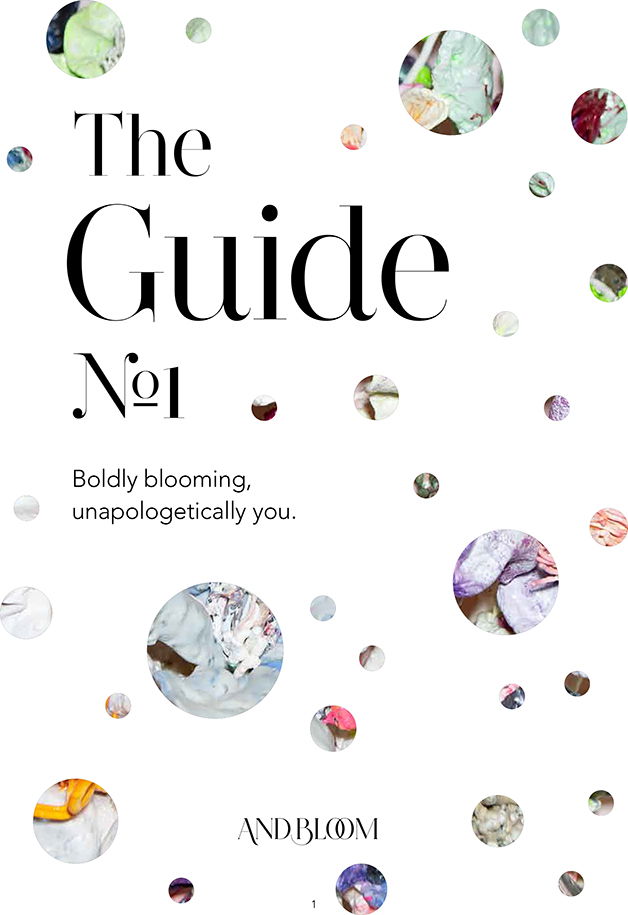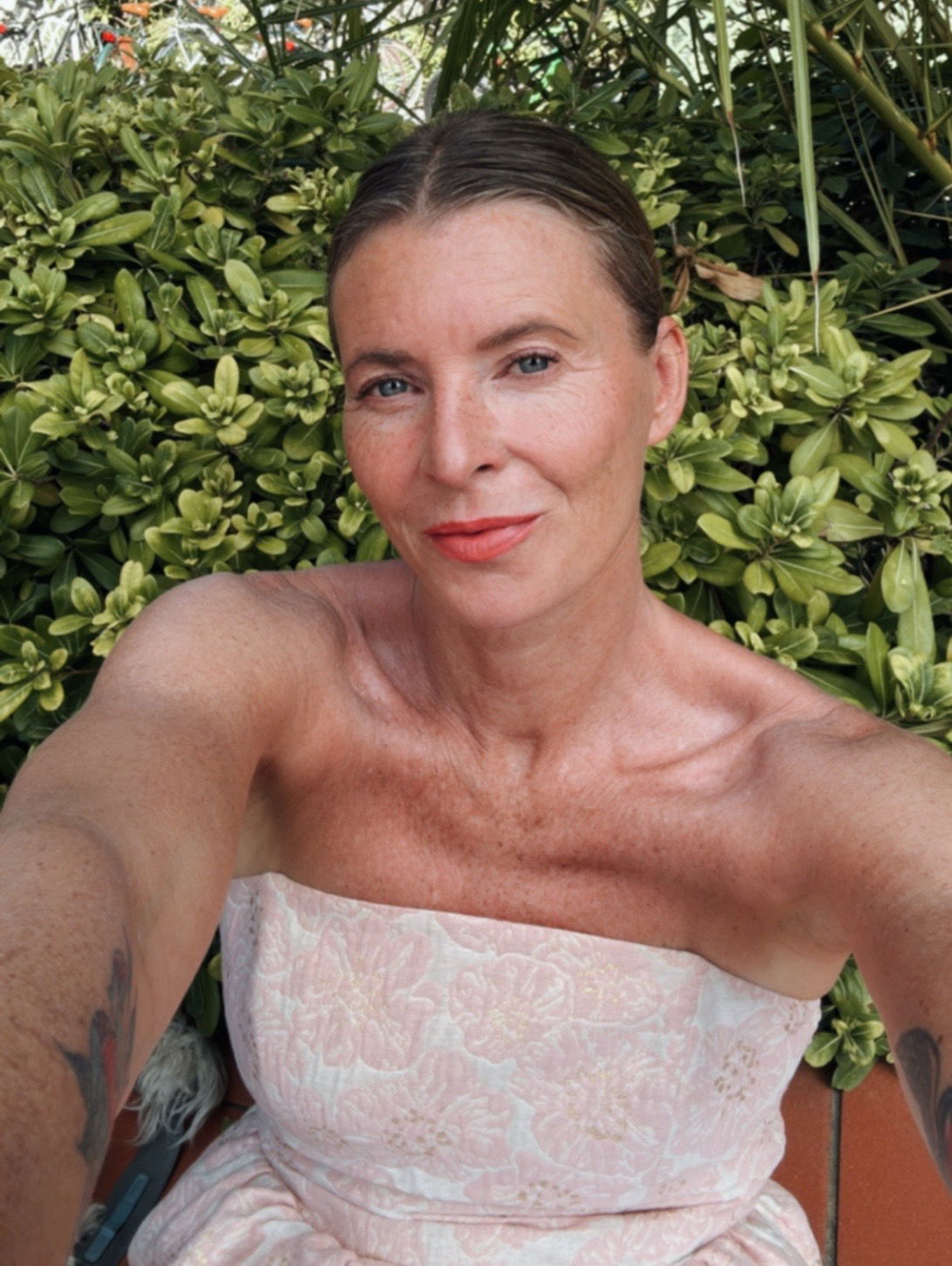
What We All Need to Know About Perimenopause
Lorem ipsum dolor sit amet, consectetur adipiscing elit. Integer nec odio. Praesent libero. Sed cursus ante dapibus diam. Sed nisi. Nulla quis sem at nibh elementum imperdiet.
Every person born with female reproductive organs who lives long enough, will go through menopause.
Lorem ipsum dolor sit amet, consectetur adipiscing elit. Integer nec odio. Praesent libero. Sed cursus ante dapibus diam. Sed nisi. Nulla quis sem at nibh elementum imperdiet.
Yet, our understanding of what that means for our overall health is minimal– which is problematic at best and dangerous at worst.
This is not okay.
With the understanding that the more we know, the stronger we are, I spent six months doing research on all things perimenopause. In addition to all the research, I happen to be a 43 year old woman in the midst of perimenopause.
So I have some things to share.
Though I’m not a doctor, and nothing I’m about to share in this article should be considered medical advice, I have done a deep dive trying to figure out what in the world is happening to us. And I have compiled it into the most important information we all need to know.
Let me say, my friends, it’s a lot.
I’d like to start with a little story.
About 6 months ago, I found myself feeling an overwhelming, all-encompassing rage brought on by trying to get dressed. The outfit I was putting together wasn’t working and I was completely livid. It’s embarrassing how angry I was; my rage was intense and utterly disproportionate to the situation.
The reaction was so extreme that I had to pause and reflect on what was happening. I knew that this was not OK, and I also knew that this was more than PMS.
On the other side of things, I was also crying for reasons I couldn’t figure out. Was it grief? Depression? Maybe both? Maybe neither?
Once I was curled up in a ball on my bed, crying so hard I was shaking. And I couldn’t identify a reason why.
It scared me.
My third big emotional symptom (I’ll talk about the physical symptoms later in this post) was a feeling of “who fucking cares” about almost everything in my life.
I felt no motivation to do anything in my personal life or work. I was ready to walk away from it all.
So I decided to do some research and came across the word “perimenopause,” something I knew nothing about. From that moment on, I felt so validated and understood that I (can you guess?) — cried.
Lorum ipsum
Lorem ipsum dolor sit amet, consectetur adipiscing elit. Integer nec odio. Praesent libero. Sed cursus ante dapibus diam. Sed nisi. Nulla quis sem at nibh elementum imperdiet.
Shop Dee's Favorites:
Lorem ipsum
Lorem ipsum dolor sit amet, consectetur adipiscing elit. Integer nec odio. Praesent libero. Sed cursus ante dapibus diam. Sed nisi. Nulla quis sem at nibh elementum imperdiet.


Integer nec odio.
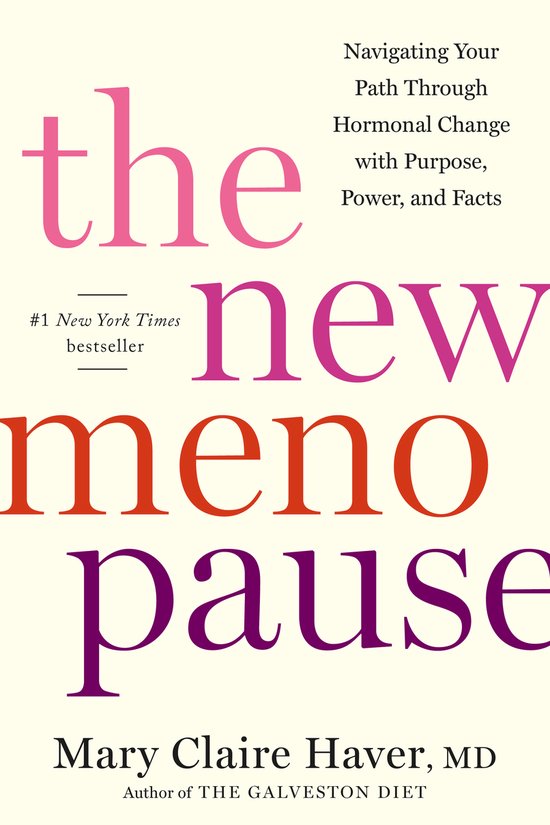
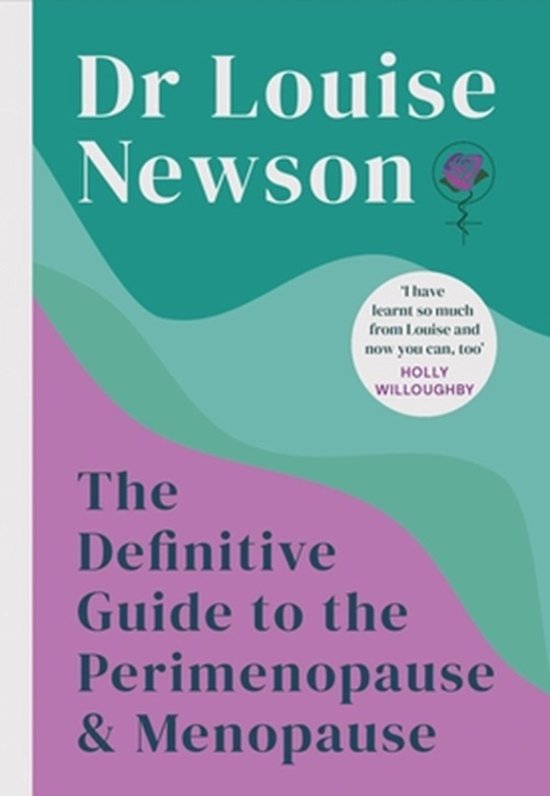
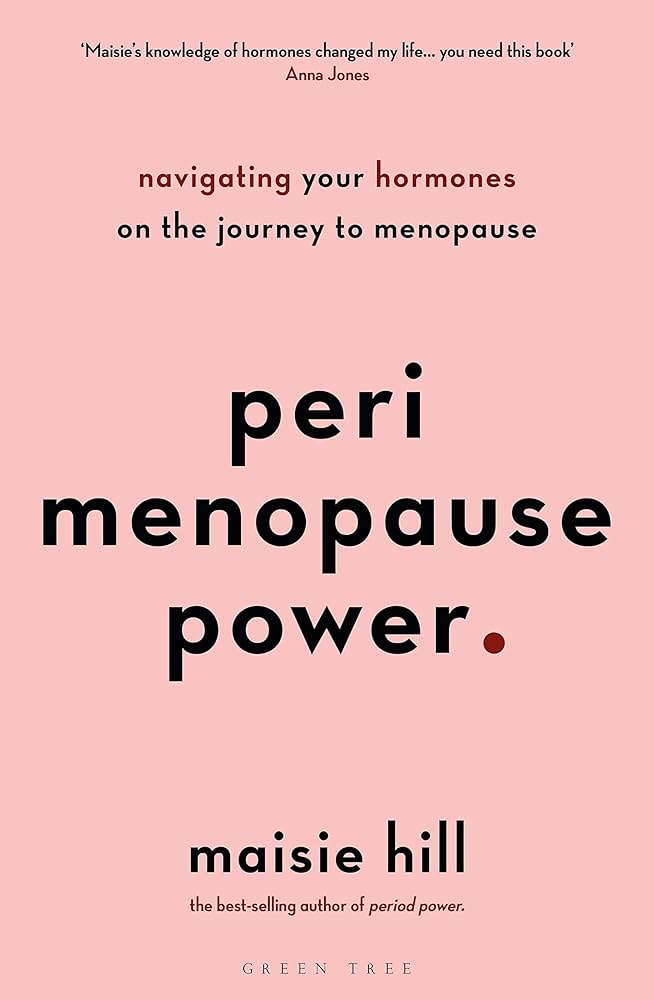
Lorem ipsum
Lorem ipsum dolor sit amet, consectetur adipiscing elit. Integer nec odio. Praesent libero. Sed cursus ante dapibus diam. Sed nisi. Nulla quis sem at nibh elementum imperdiet.


Integer nec odio.
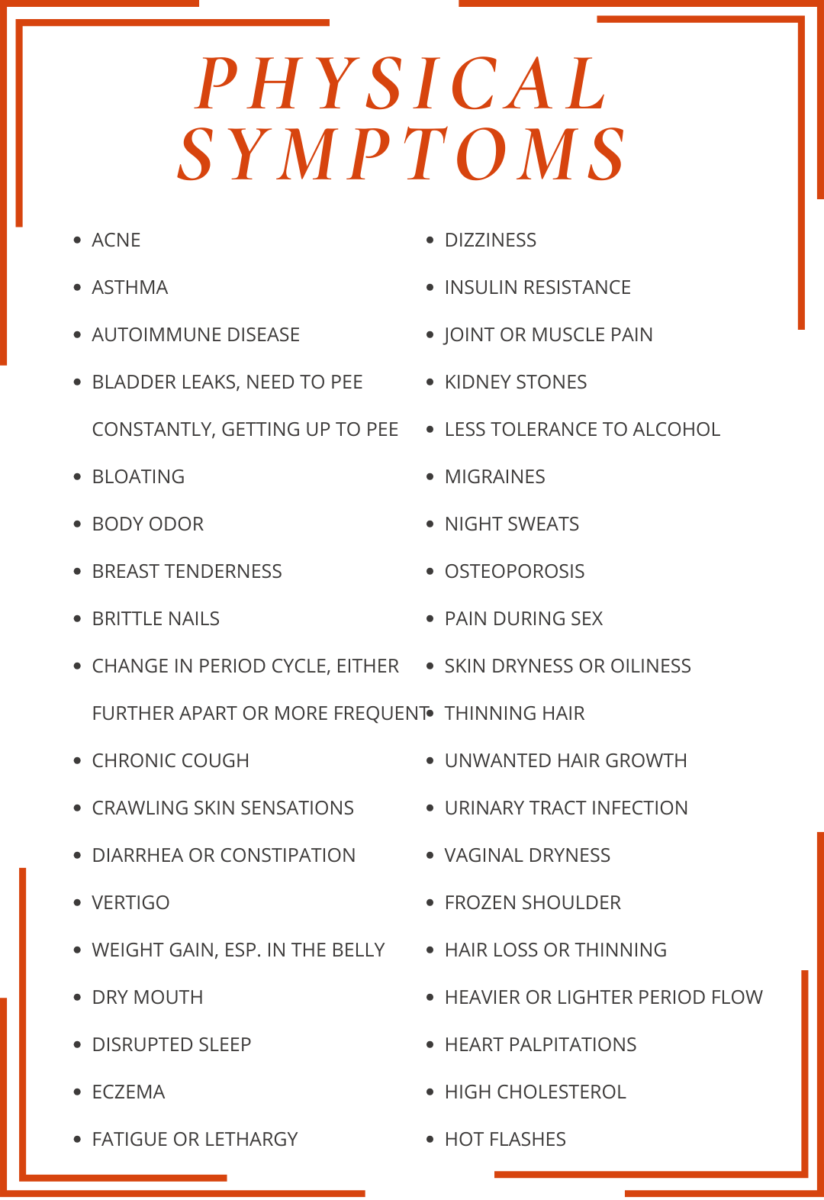
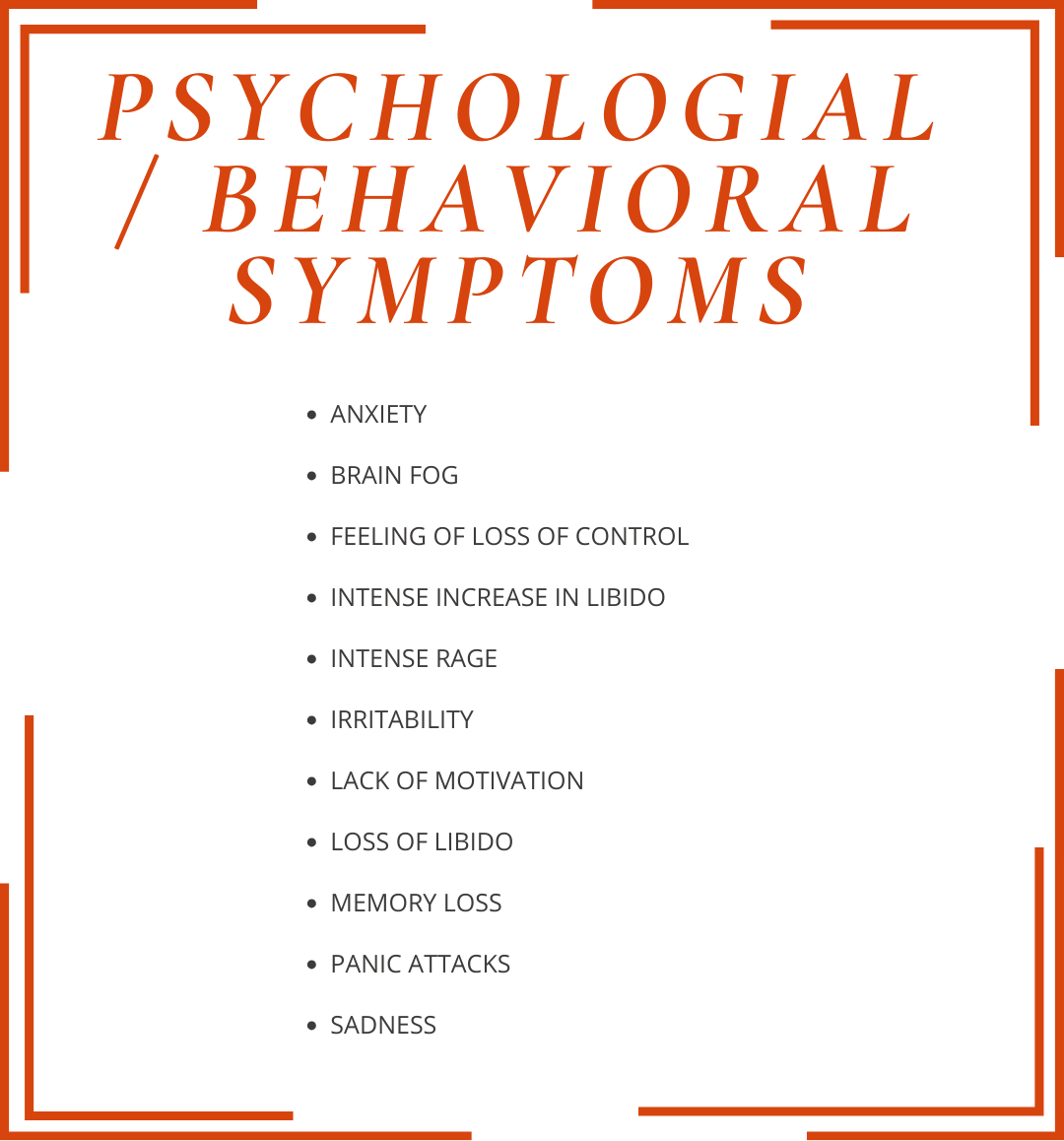

Lorem ipsum
Lorem ipsum dolor sit amet, consectetur adipiscing elit. Integer nec odio. Praesent libero. Sed cursus ante dapibus diam. Sed nisi. Nulla quis sem at nibh elementum imperdiet.


Integer nec odio.
Lorem ipsum
Lorem ipsum dolor sit amet, consectetur adipiscing elit. Integer nec odio. Praesent libero. Sed cursus ante dapibus diam. Sed nisi. Nulla quis sem at nibh elementum imperdiet.


Integer nec odio.
Lorem ipsum
Lorem ipsum dolor sit amet, consectetur adipiscing elit. Integer nec odio. Praesent libero. Sed cursus ante dapibus diam. Sed nisi. Nulla quis sem at nibh elementum imperdiet.


Integer nec odio.





